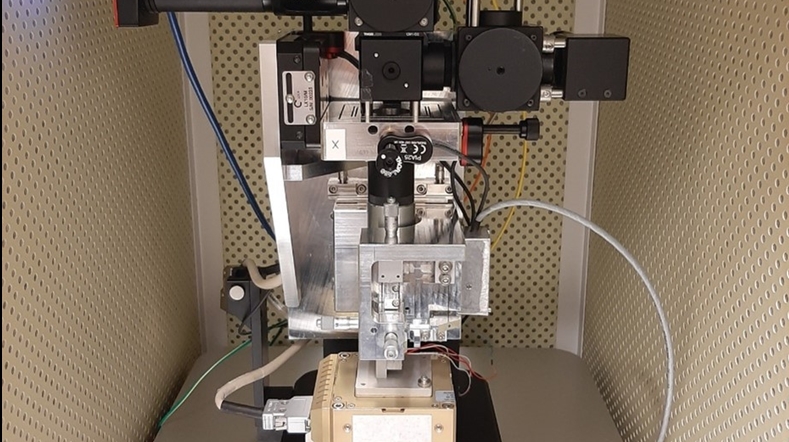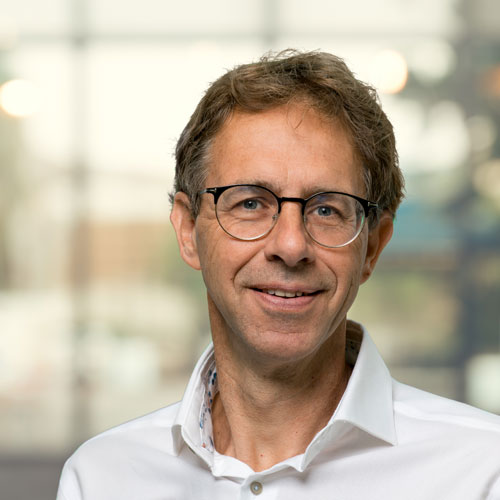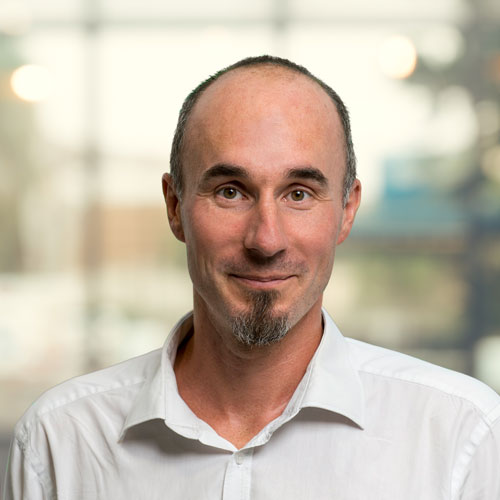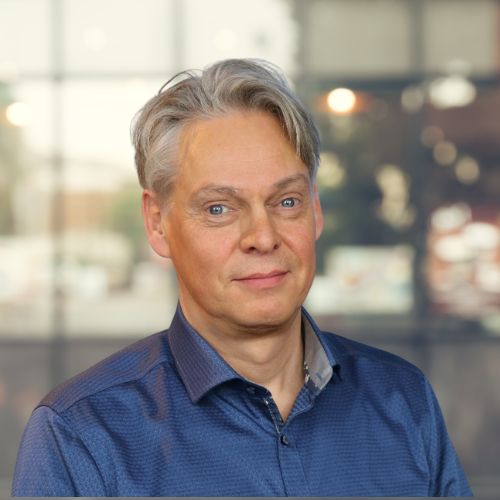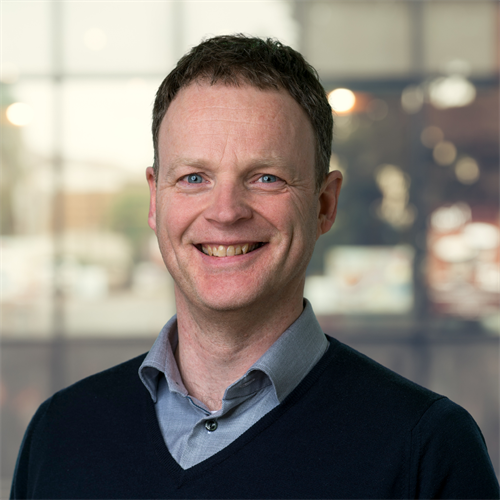LUMI-Q quantum computer will contribute to a pan-European network
A consortium by the name of LUMI-Q has been selected to host new European quantum computers. SURF and QuTech (our collaboration with the TU Delft) contribute to the project to build a hybrid high-performance computing and quantum computing (HPC+QC) platform.
The knowledge and technological developments in quantum computing have increased impressively over the last years. Big and small companies, governments and researchers from different fields are all wondering: what can we do with quantum computers? Are they useful for our problems? When should we expect them to give some advantage? How can we access them?
Some computational problems will rely on the usage of classical and quantum resources closely working to-gether to make use of their complementary strengths and features. Therefore, the optimal integration of quantum computers to the current ‘classical ecosystem’ is a crucial step to take advantage of quantum com-puters. Such an integration requires the preparation and setup of a hybrid high-performance computing and quantum computing (HPC+QC) platform.
In the LUMI-Q project, SURF and QuTech will combine their strengths and work together with the consortium partners to enable a hybrid classical-quantum workflow between the high-performance computers of LUMI and SURF and the quantum computer of LUMI-Q and the quantum computers in the Quantum Inspire network.
This will provide Europe with a powerful infrastructure to experiment with new hybrid algorithms and workflows that combine the best of supercomputers and quantum computes in one network.
Towards an HPC + QC infrastructure
The European Joint Undertaking EuroHPC has selected sites to host new European quantum computers. The LUMI-Q consortium is among the projects chosen, and its quantum computer will be located in Czechia at the IT4Innovations National Supercomputing Centre.
The LUMI-Q consortium builds on the success of the LUMI consortium, which built and now operates Europe's most powerful pre-exascale supercomputer, LUMI, located in Finland.
The members of LUMI-Q are some of the existing members of the LUMI consortium, namely Finland, Sweden, Denmark, Poland, Norway, and Belgium, and the project leader, Czechia, joined by the Netherlands and Germany. The LUMI-Q consortium will set up, operate and provide a European-wide quantum computing environment integrated with the EuroHPC infrastructure.
LUMI-Q uses the strengths and know-how of its pan-European consortium members to implement an inclusive HPC+QC platform for the entire European user base. The software stack will be fully inclusive with respect to both HPC centres and quantum computing installations.
EuroHPC JU prepares Europe for the quantum era
The new quantum computers, including the LUMI-Q system, will be integrated with existing supercomputers and the selected hosting entities will operate the new quantum computers on behalf of the EuroHPC JU.
The quantum computers will be co-funded by the EuroHPC JU budget stemming from the Digital Europe Programme (DEP) and contributions from the relevant EuroHPC JU participating states. The JU will co-fund up to 50% of the total cost of the quantum computers with a planned total investment of more than EUR 100 million. The project closely aligns with the Quantum Delta NL program.
LUMI-Q consortium partners
- Coordinator: VSB – Technical University of Ostrava, IT4Innovations National Supercomputing Center, Czechia
- CSC – IT Center for Science, Finland
- VTT Technical Research Centre of Finland Ltd, Finland
- Chalmers University of Technology, Sweden
- Danish Technical University, Denmark
- Akademickie Centrum Komputerowe Cyfronet AGH, Poland
- Nicolaus Copernicus Astronomical Center, Poland
- Sigma2 AS, Norway
- Simula Research Lab, Norway
- SINTEF AS, Norway
- Deutsches Zentrum für Luft- und Raumfahrt, Germany
- University of Hasselt, Belgium
- TNO Netherlands Organisation for Applied Scientific Research, the Netherlands
- SURF BV, the Netherlands
Get inspired
TNO’s 2030 view: Ushering in the Quantum Era
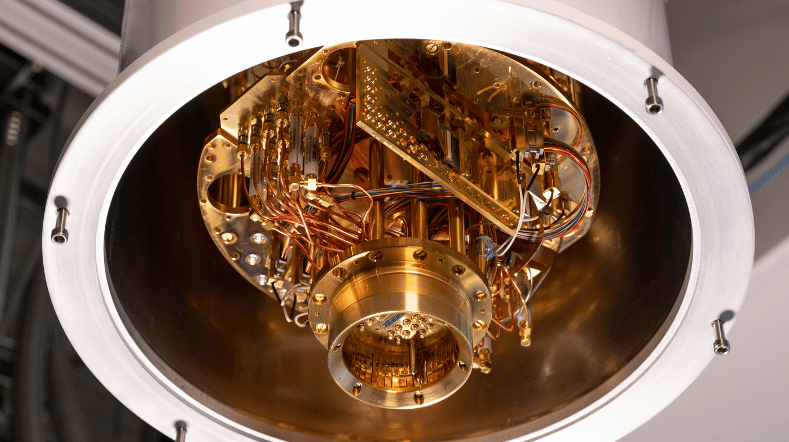

TNO Starts 7-year Quantum Testing and Experimentation Program
